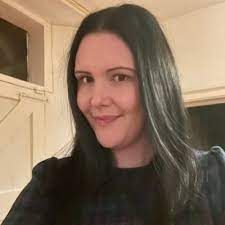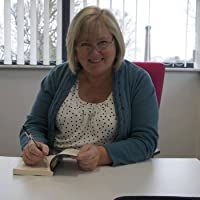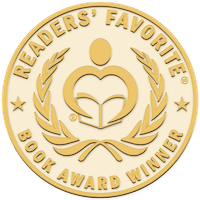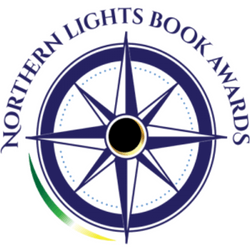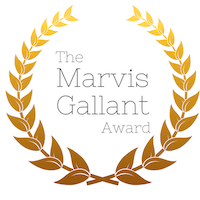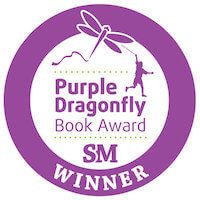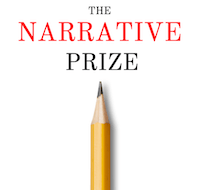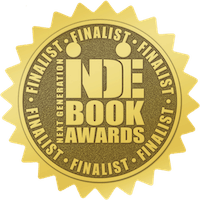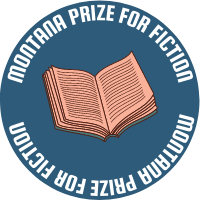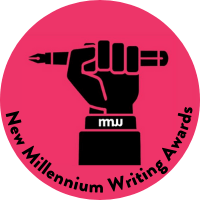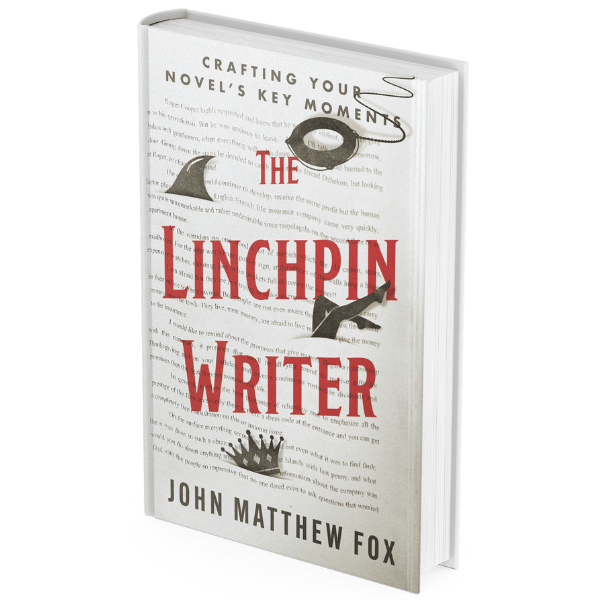
Let me guess: you’re working on a novel, but struggling to finish it.
Or maybe you’ve got a first draft and need guidance for revision.
I can help.
I’m John Matthew Fox, and I gathered up the wisdom from fifteen years of editing novels, writing books of my own, and creating nine writing courses, and put it inside a book: “The Linchpin Writer.”
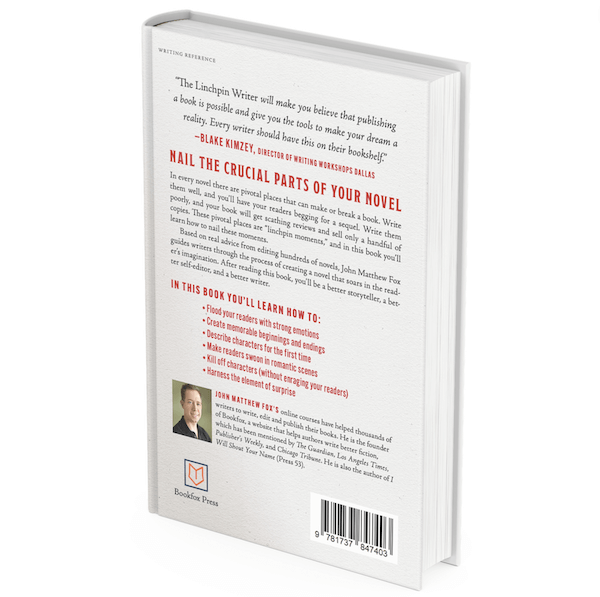
I don’t just repeat the typical writing rules: I teach you how to break those rules.
And I don’t give you a cookie-cutter formula: I give you lots of examples that will inspire a variety of storytelling shapes.
But don’t just trust what I’m saying. Check out the reviews:

About Me
Why should you trust me as your writing guide? Because I’m a:
Developmental Editor: I’ve edited hundreds of novels, helping my authors get selected as a Kirkus “Best Book of the Year” and sell as many as 90,000 copies.
Guide for Writers: More than 20 million writers have visited my website Bookfox.
Course Creator: I offer 9 writing courses on topics like writing your novel, crafting fantastic dialogue, and writing gorgeous sentences.
Author: My books include “I Will Shout Your Name” and “The Linchpin Writer.”
Former Professor: I taught writing at USC and Chapman University.
Buy “The Linchpin Writer”
Prizes & Awards
Writers I work with don’t just publish … they win prizes and awards!FAQs
It’s accessible for beginning writers, but there’s plenty of craft insights that experienced writers will benefit from.
No, my goal was to avoid repeating what’s already out there. I guarantee that the book offers writing advice that you haven’t heard elsewhere.
I don’t argue there is only one right way to write a novel. My role is to give you examples of incredible fiction, and guide you through the options.

Free Course
If you did want to purchase a copy of “The Linchpin Writer,” I’d be happy to give you a bonus:
Free access to my mini course, “POV Hero.”
It’s a five-video course that helps writers choose their Point of View and avoid common errors.
Just email me at John at bookfox.co with a screenshot of your purchase.




